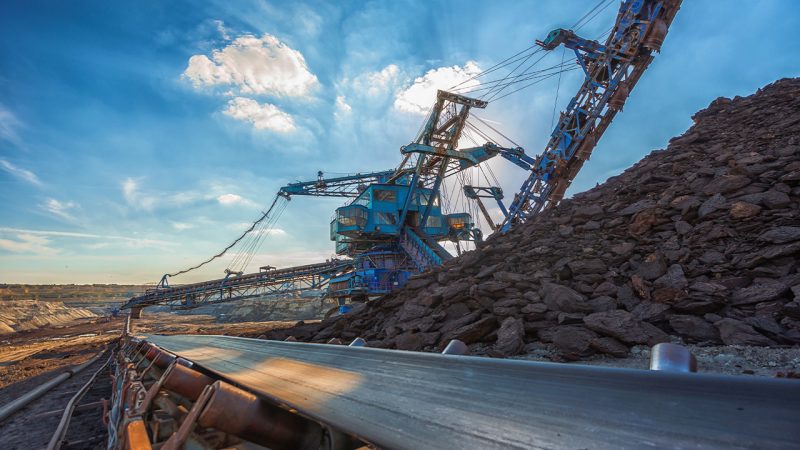- Renascor Resources (RNU) has completed a study into the viability of producing purified spherical graphite (PSG) from its Siviour project
- The Battery Anode Material (BAM) study found integrating PSG production with the Siviour mining and processing operations would considerably bolster the project’s overall economics
- While the start-up cost would increase from $114 million to $204 million, net present value would increase from $388 million to $713 million
- The company will continue to progress testing and sampling programs, and the required permitting for the project, while financing and offtake discussions are also ongoing
- After all that’s done, Renascor could find itself with the world’s first integrated PSG production facility outside China
- Renascor Resources has had a boom day, closing Wednesday’s session 44.4 per cent higher at 1.3 cents per share
Renascor Resources (RNU) has completed a study into the viability of producing purified spherical graphite (PSG) from its Siviour project.
The Battery Anode Material (BAM) study found integrating PSG production with the Siviour mining and processing operations would considerably bolster the project’s overall economics.
A developing market
PSG is used in the manufacture of anode material for lithium-ion batteries. It’s projected the demand for battery PSG will increase by up to 29 per cent per year until 2030, making it the highest-growth sector of the graphite market.
Incorporating PSG production into the Siviour project will provide Renascor with a near-guaranteed market for its product as electric vehicle take-up increases.
Currently, all integrated mining-to-PSG production facilities operate within China, so there’s considerable upside in being the first operator to interrupt existing supply chains.
Economics
The Siviour project was already aimed at integrating mining and processing facilities to produce graphite concentrates. The addition of the PSG production plant is projected to bring a far greater return than the required capex outlay.
While the start-up cost would increase from $114 million to $204 million, net present value would increase from $388 million to $713 million, adding considerable value to the overall project.
Using the low-cost Siviour feedstock for PSG production, the BAM study shows a globally competitive gross operating cost of US$1,989 (around A$2880.29) per tonne of PSG. Current production costs from Chinese suppliers average closer to US$2000 (roughly A$2896.22) per tonne.
The vertical integration of the Siviour project would also be tempting for potential offtakers given the lower cost and green credentials of the Australian operation.
Also, compared to other potential PSG producers outside China, the integration of mining and production creates a huge saving for Renascor as the PSG feedstock would cost around US$355 (approximately A$514.08) per tonne to produce, comparing favourably to global graphite concentrate market costs of US$540 (about A$781.98) per tonne.
Renascor Managing Director, David Christensen, says the project’s economics are compelling.
“Siviour has a key competitive advantage in being able to produce graphite concentrates at a cost that is amongst the lowest of any graphite development in the world,” David said.
“The resultant advantage in producing PSG offers Renascor direct exposure to the high-growth lithium-ion battery market and high quality, bankable offtake partners attracted to the supply chain security offered by an integrated Australian mine and processing operation,” he added.
Next steps
There’s still a long way to go before the Siviour PSG dream becomes a reality.
Raising hundreds of millions of dollars in start-up capital is never easy for a small-cap company, and there’ll need to be some serious conversations around financing and offtake agreements before the project could get off the ground.
That said, based on the 2019 definitive feasibility study and the new BAM study, it looks like Siviour could be a major competitor in the global graphite market.
The company will continue to progress testing and sampling programs, and the required permits for the project.
After all that’s done, Renascor could find itself with the world’s first integrated PSG production facility outside China.
Renascor Resources has had a boom day, closing Wednesday’s session 44.4 per cent higher at 1.3 cents per share.

